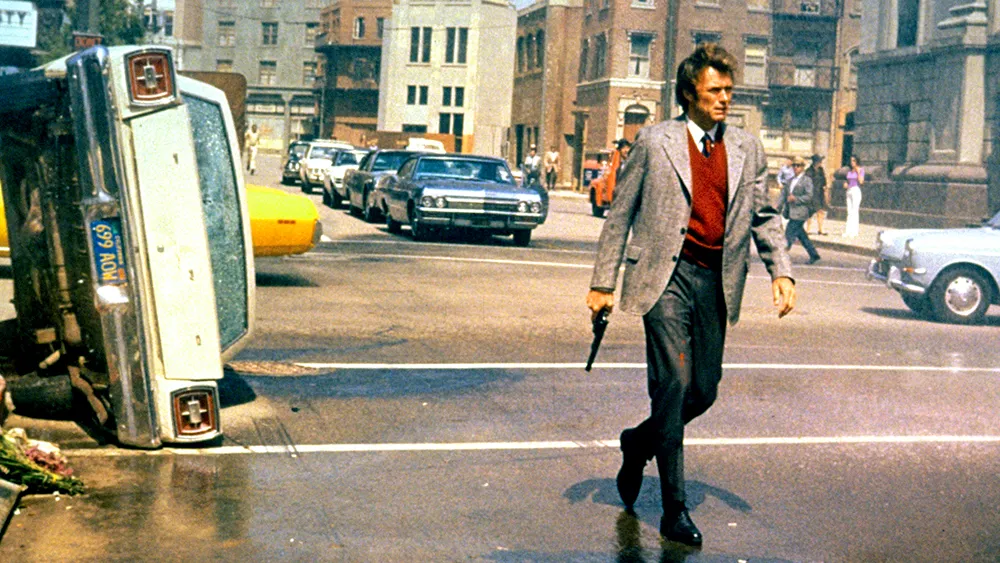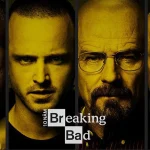Dirty Harry (1971)

“Dirty Harry,” directed by Don Siegel and released in 1971, is a seminal film that epitomizes the gritty, morally complex genre of the 1970s American crime thriller. Starring Clint Eastwood in the iconic role of Inspector Harry Callahan, the film explores themes of justice, vigilantism, and the blurred lines between law and order in a crime-ridden city.
The narrative centers around Inspector Harry Callahan, a tough and unorthodox San Francisco police officer known for his unyielding pursuit of justice. When a deranged sniper, known as Scorpio (played by Andrew Robinson), begins terrorizing the city with random shootings and demands ransom money, Callahan becomes determined to stop him at any cost. However, Callahan’s methods, which include bending or breaking the rules to achieve his goals, often put him at odds with his superiors and raise ethical questions about police conduct and individual rights.

Central to “Dirty Harry” is its exploration of vigilantism and the consequences of pursuing justice outside the boundaries of the law. Harry Callahan embodies the archetype of the “loose cannon” cop who operates outside conventional norms to achieve what he sees as the greater good. Clint Eastwood delivers a commanding performance, capturing Callahan’s stoicism, moral ambiguity, and internal conflict as he confronts Scorpio and grapples with the ethical implications of his actions.

Thematically, “Dirty Harry” critiques the inefficacy of bureaucratic systems in dealing with crime and the frustrations faced by law enforcement officers in a complex urban environment. The film challenges viewers to question the limits of law enforcement authority and the extent to which individual liberties can be compromised in the name of public safety. Callahan’s confrontations with Scorpio serve as a microcosm of larger societal tensions between order and chaos, justice and vengeance.
Andrew Robinson’s portrayal of Scorpio adds depth to the narrative, portraying a chilling portrayal of a psychopathic villain driven by a desire for power and attention. Scorpio’s escalating acts of violence and manipulation force Callahan to confront the moral ambiguity of his own methods, highlighting the thin line between heroism and vigilantism in the pursuit of justice.

Visually, “Dirty Harry” captivates audiences with its gritty depiction of urban decay and its dynamic portrayal of action sequences. Don Siegel’s direction infuses the film with a sense of urgency and tension, using San Francisco’s iconic landmarks and atmospheric cinematography to heighten the suspense and realism of the narrative.

Moreover, “Dirty Harry” remains relevant for its exploration of moral dilemmas and ethical conflicts that resonate with contemporary debates about law enforcement practices and individual rights. The film’s enduring legacy lies in its portrayal of a complex protagonist who challenges societal norms and confronts the consequences of his actions in the pursuit of justice.

In conclusion, “Dirty Harry” (1971) stands as a landmark film in the crime thriller genre, offering a compelling exploration of justice, vigilantism, and moral ambiguity through its dynamic storytelling, memorable performances, and provocative themes. Clint Eastwood’s portrayal of Inspector Harry Callahan continues to resonate with audiences for its portrayal of a flawed yet compelling hero navigating the murky waters of crime and punishment in a gritty urban landscape.











